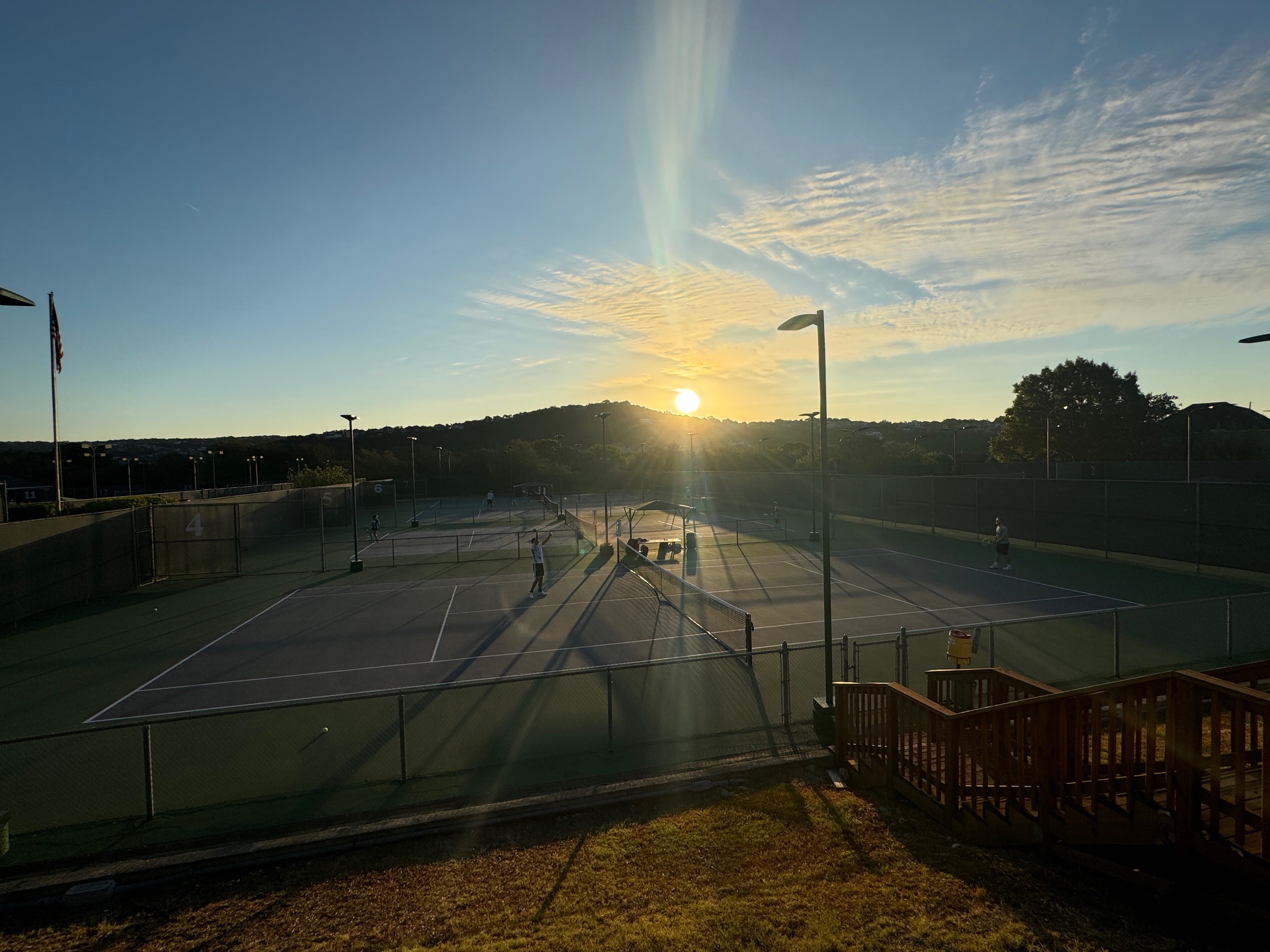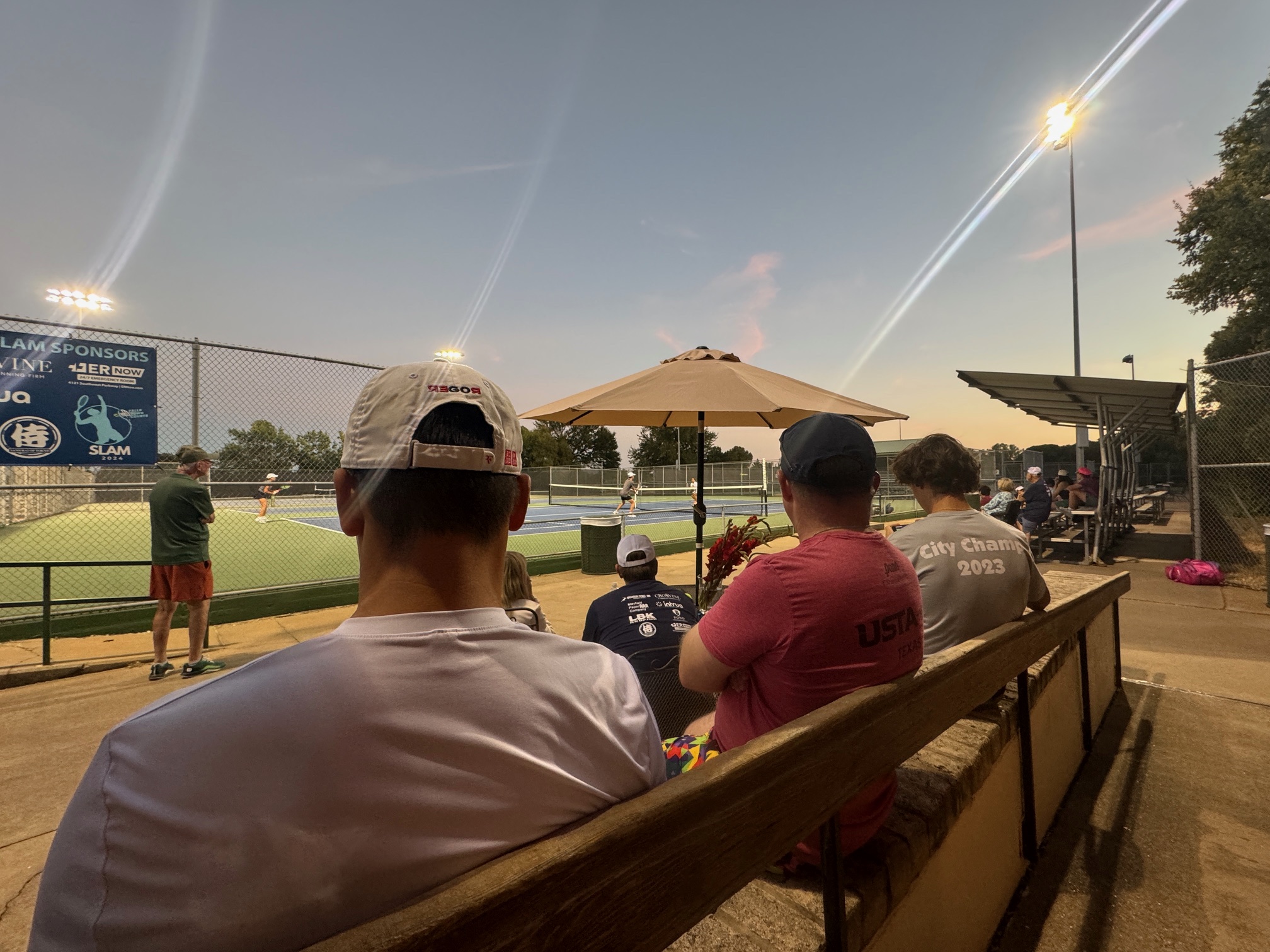I previously wrote a little bit about today’s topic in “Is this a Permanent Fixture?” Looking back on that post, I am happy to get a second chance at the topic. I don’t think I did it justice on the first attempt. This is the blog equivalent of “take two.”
If the ball in play touches a permanent fixture after it has hit the correct court, the player who hit the ball wins the point. If the ball in play touches a permanent fixture before it hits the ground, the player who hit the ball loses the point.
USTA Friend at Court, ITF Rules of Tennis, Section 13
In my original post, I failed to make it clear that the net post is not a permanent fixture. It doesn’t happen very frequently, but it does not defy the laws of physics for a ball to strike the net post and land in the court. A great example of exactly that is in this 45 second clip.
One of the reasons that I like this example is because there are no permanent fixtures attached to, or anywhere near, the proximity of the net post. In recreational tennis there are frequently accessories attached to the post such as scoreboards, drink trays, and trash cans. These can make it difficult to tell whether a deflection was off the post or a permanent fixture.
When singles sticks are used, the singles sticks essentially become the net post. The area of the net outside of the singles sticks and the actual post become permanent fixtures in that case. This is addressed in USTA Comment 13.1.
What happens if a ball hits an object attached to the net or post (such as a scoring device) or the top of the net outside the singles stick and then lands in the court?
The player who hit the ball loses the point because it hit a permanent fixture before landing in the court.
USTA Friend at Court, Comment 13.1
Neither the rules of tennis, nor the code is clear on which player makes the call when the ball strikes a permanent fixture. When the ball hits the fence on the fly, generally it is receiver making the call. The terminology “Out” is used for this situation, but that might not be technically correct for a ball that never bounces.
I think I’m going to start pointing at the point of contact and saying “permanent fixture” when it happens in my matches from now on.
- United States Tennis Association (2020) Friend at Court. White Plains, NY




This just happened in the Raonic vs Tiafoe match where he touched the net outside the singles sticks and it was okay because it is a permanent fixture. I thought you just had to touch the net. And it was before the ball bounced twice to make it more complicated.
Ooops! I missed seeing “not” in the sentence. Now it’s all clear!
The net post is NOT a permanent fixture.
I’m confused by this example. The rule states, “If the ball in play touches a permanent fixture before it hits the ground, the player who hit the ball loses the point.” If the net post is a permanent fixture, shouldn’t it have been point over as soon as the ball hit the post? Instead in the video, the players keep playing.